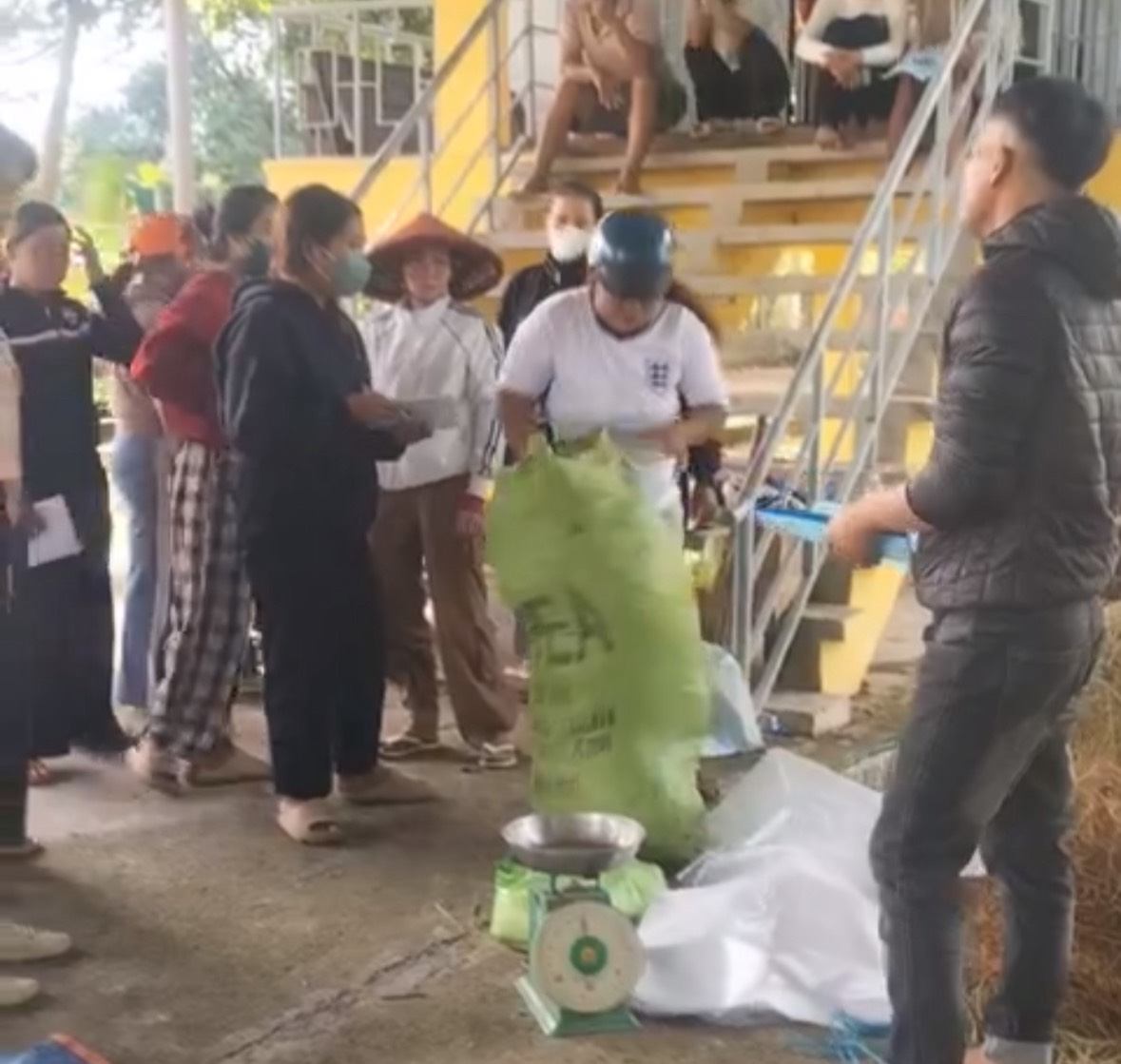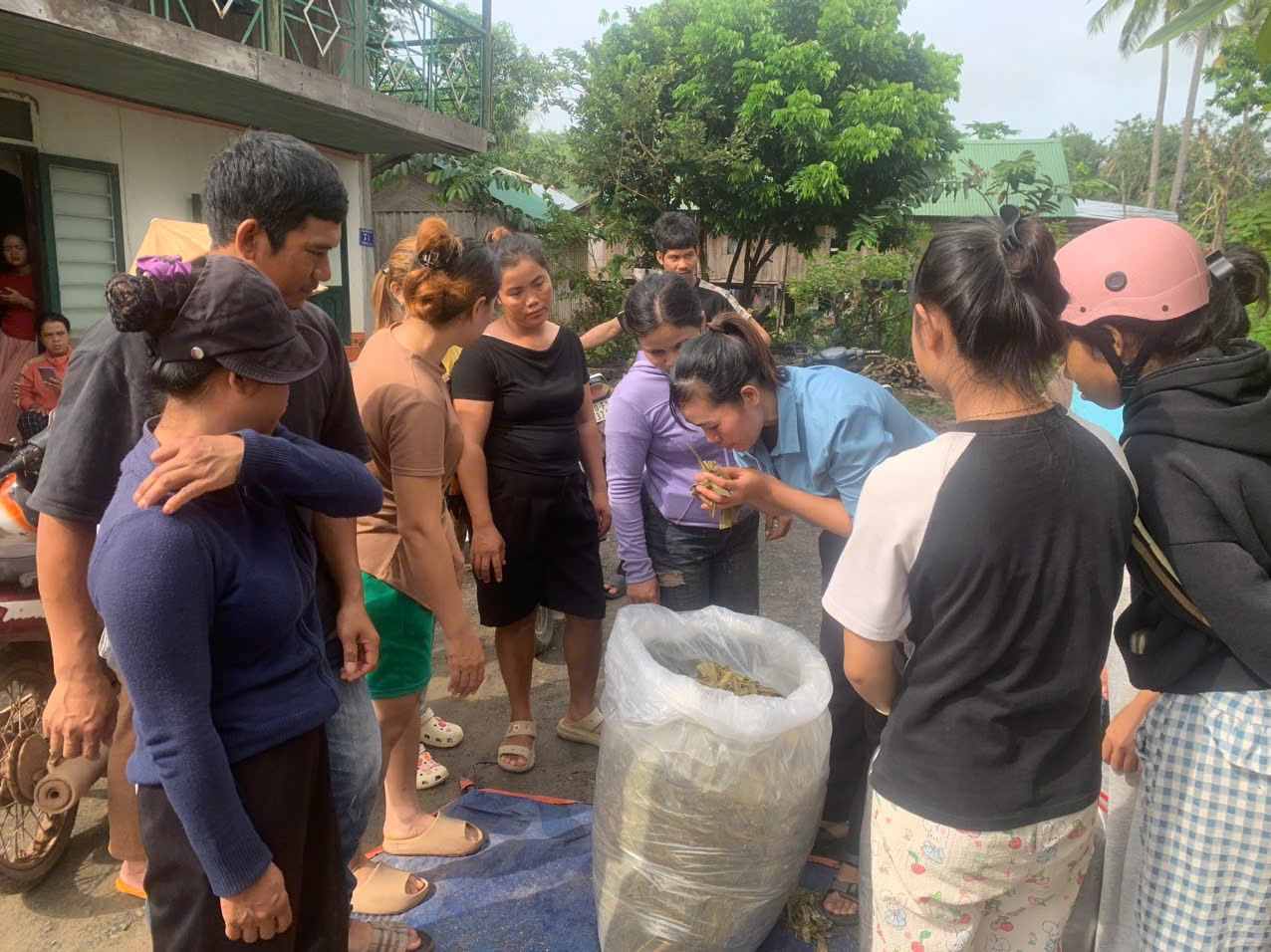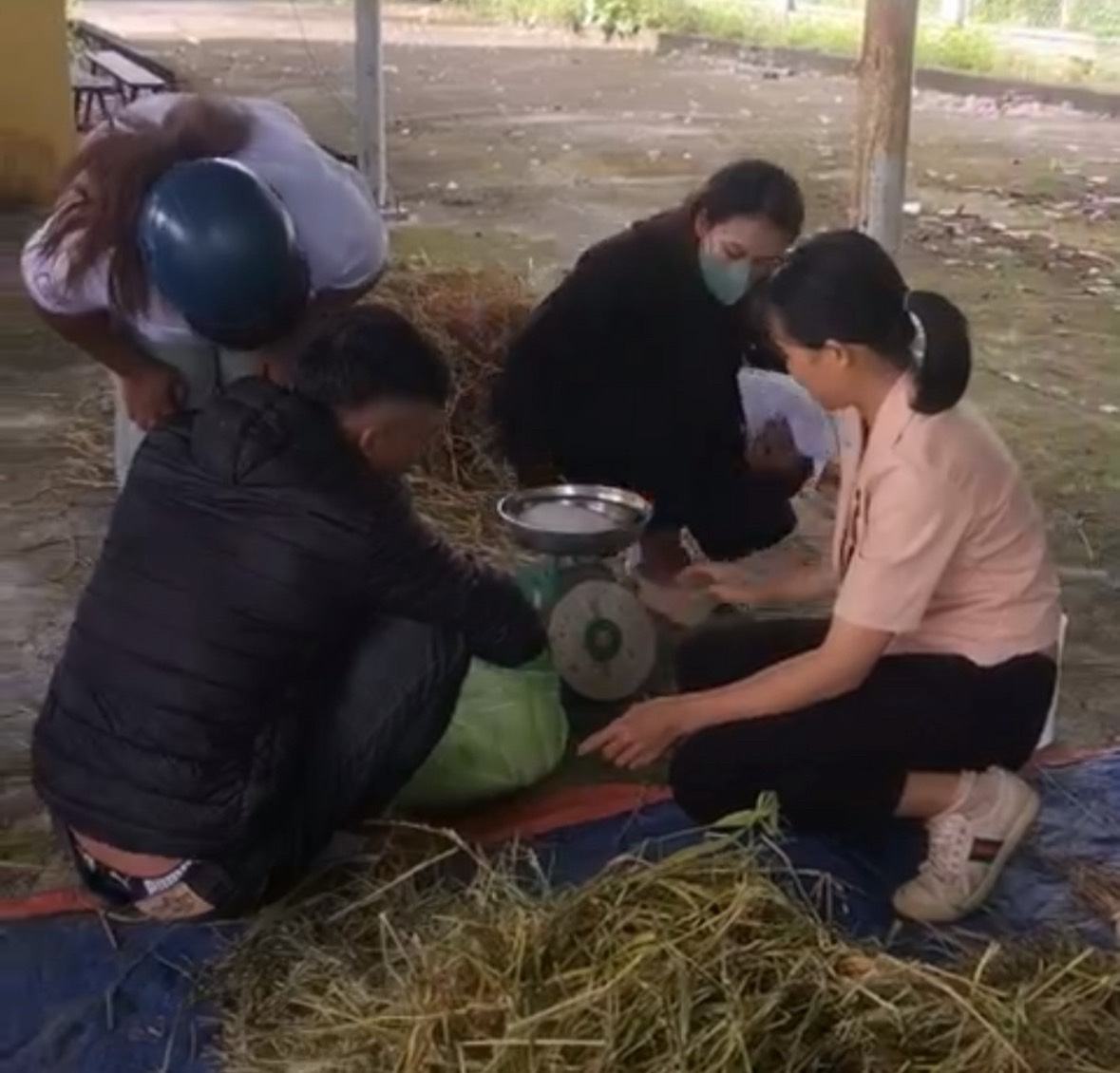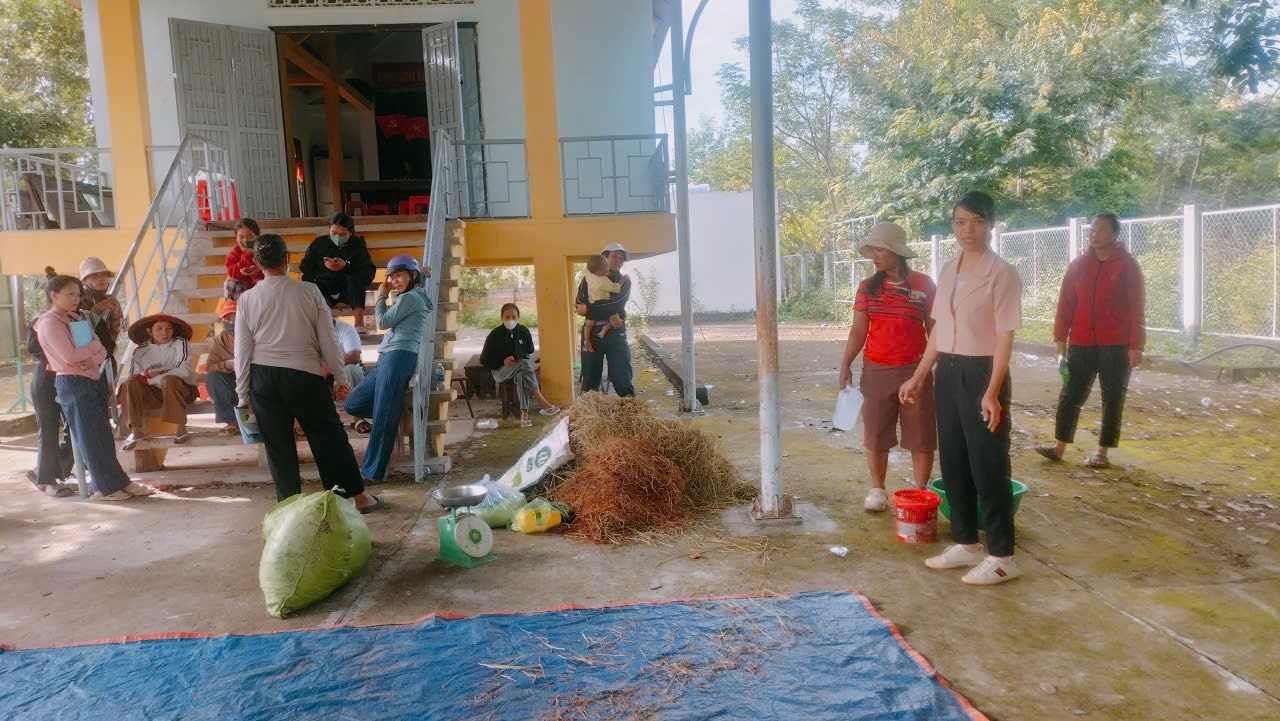Vocational training plays a key role
Buon Don commune (Dak Lak) has a large area and more than 70% of the population is ethnic minorities. People mainly make a living by agricultural production, farming and raising livestock. Therefore, vocational training for rural workers has become an important strategy in sustainable socio-economic development.
According to the People's Committee of the commune, to effectively implement poverty reduction and socio-economic development in ethnic minority areas, vocational training plays a key role.
Local authorities pay special attention to investing in livestock and farming industries to improve production capacity, expand job opportunities, increase income and restructure local labor.

Ms. H' Si On Nie, 19 years old, a poor household, said: "The geographical characteristics, people and customs here are very suitable for raising buffaloes and cows. When learning the trade, people can build barns and borrow capital to buy breeds to develop the economy. In our free time, we work part-time, improve our income and escape poverty."
Ms. Nguyen Thi Thanh Thuy, a vocational teacher of animal husbandry in the commune, said: "In recent years, the Buon Don Vocational Education - Continuing Education Center has carefully calculated when opening vocational training classes for local workers. In particular, livestock and crop farming attracts a large number of people to participate".

According to Ms. Thuy, in the past 2 years, many students have developed their family economy through training courses on buffalo and cow breeding. Some households have invested in barns and raised large quantities of livestock, helping to significantly improve their lives. Many families have escaped the poverty and near-poor household status, and their lives have improved.

Improving training quality
Thanks to resources from the national target program, vocational training in Buon Don commune has achieved many positive results. This activity promotes the spirit of entrepreneurship and strengthens production linkages in the locality.
Many students after completing the course have proactively established production teams, cooperated with groups to raise livestock, grow crops or do business together.

When people are equipped with knowledge about good breeding selection, animal nutrition management, disease prevention and farming techniques according to standards, the output and quality of agricultural products are significantly improved. This result helps increase income for households and improve economic efficiency compared to traditional farming methods.
Mr. Ha Ngoc Huong - Director of the Center for Vocational Education - Continuing Education of Buon Don - shared: "Training classes on animal husbandry, farming, and garment are contributing to changing the face of rural areas in the area.
Many people after the course have created jobs for themselves or found suitable jobs, thanks to which the lives of the people have improved and the appearance of poor villages and hamlets has changed significantly".












